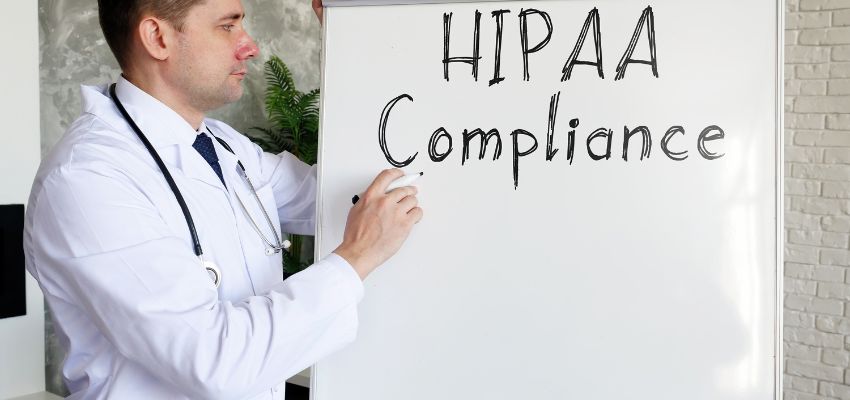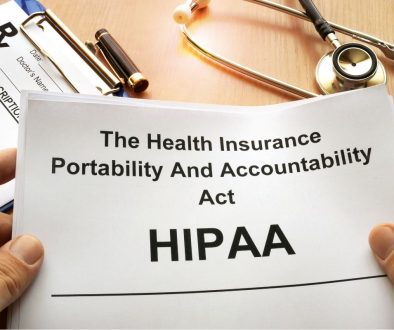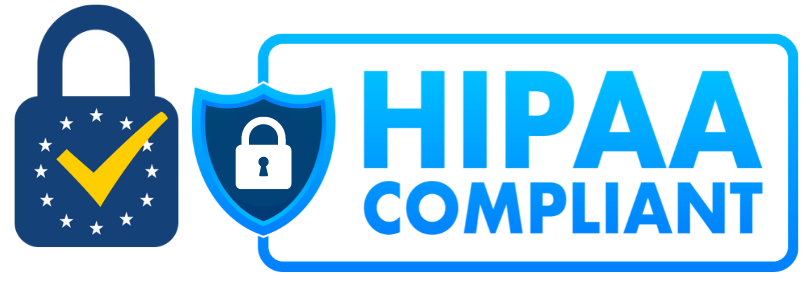What Is Required for HIPAA Compliance in 2025?
HIPAA compliance isn’t just a box to tick in 2025, it’s the backbone of protecting patient trust in an age where data breaches are everywhere. Whether you’re running a private clinic, managing IT for a hospital, or leading a healthcare startup, you’re probably asking, What is HIPAA compliance, and what exactly does it take to stay compliant today? With evolving tech, stricter audits, and growing patient concerns, the rules are no longer static.
In this guide, we’ll break down what’s required for HIPAA compliance, the must-haves for HIPAA compliance training, and how to make your checklist airtight, without drowning in legal jargon.
What Is HIPAA Compliance
HIPAA compliance means more than following old rules. It’s about protecting health data in a digital-first world. Healthcare providers, insurers, and their partners must now meet tougher standards for data privacy, cybersecurity, and patient transparency.
With telehealth booming and cyberattacks rising, the Department of Health and Human Services (HHS) continues to refine enforcement. In fact, this year has already seen real consequences. The Texas Department of Health and Human Services suffered a major breach impacting over 61,000 individuals, exposing weaknesses in how PHI is handled.
HIPAA Compliance Update (2025) | Details |
Recent Enforcement | OCR settled a $600,000 case due to a phishing-related breach. |
Proposed New Rules | – Encryption of patient data – Multi-Factor Authentication (MFA) – Training staff to spot social engineering attacks |
Ransomware Surge | Attacks increased by 264% since 2024, raising urgency for better protections |
The Bigger Picture | HIPAA is no longer just paperwork—it’s about real protection for real people |
It includes risk assessments, employee training, and clear protocols to handle PHI (Protected Health Information). If your systems aren’t updated, your organization could be one breach away from big penalties, and losing patient trust.

Why HIPAA Compliance Training Matters
Think your staff knows the rules? Think again. One untrained employee can cost your business millions in fines, or worse, patient data leaks.
HIPAA compliance training is required by law, and this year, it’s not a one-time thing. Regular refreshers help prevent careless mistakes and foster a culture of accountability. Training should cover real-world examples, role-specific responsibilities, and the latest phishing threats.
Why does it matter so much? Because knowledge equals protection. In the eyes of regulators and patients, trained employees prove your commitment to doing healthcare the right, and safe, way.
HIPAA Compliance Checklist: What You Really Need
Skip the guesswork. A HIPAA compliance checklist is your roadmap to staying out of trouble. But it’s not just about checking boxes, it’s about being prepared. Your checklist should cover risk assessments, data encryption, access controls, Business Associate Agreements, and breach response plans.
Even patient portals and mobile apps fall under scrutiny. Many healthcare breaches happen because organizations missed a small step. Think of your checklist like a seatbelt, you hope you never need it, but it could save you from a devastating crash.
Start simple, stay updated, and audit regularly.

How HIPAA Compliance Software Can Help
Manual compliance is a headache. Luckily, HIPAA compliance software can simplify the chaos. These tools help automate risk assessments, track training, manage policies, and monitor potential violations. In 2025, many healthcare providers rely on software to stay on top of shifting regulations and avoid human error.
But not all tools are created equal. Choose platforms that are regularly updated, offer real-time alerts, and support integration with your existing systems. HIPAA compliance software doesn’t guarantee safety, but it does make it easier to prove you’ve done your part when an auditor comes knocking.
FAQs
What is needed for HIPAA compliance?
You need to protect patient information, train your team, and follow privacy and security rules. A HIPAA compliance checklist helps you stay on track.
What is the minimum necessary requirement of HIPAA?
Only use or share the smallest amount of patient info needed to do your job. Don’t give more details than necessary.
What is the key to HIPAA compliance?
The key is training your team and keeping patient info safe with strong rules, checks, and software.
What is required for software to be HIPAA compliant?
The software must keep health data safe with passwords, encryption, and access controls. It should also follow HIPAA rules and help stop data leaks.
How do I know if I need to be HIPAA compliant?
If you work with patient health info, like at a hospital, clinic, or insurance company, you must follow HIPAA rules.
Final Thoughts
HIPAA is all about keeping people’s private health information safe and protected. Whether you’re a doctor, nurse, business partner, or tech worker, it’s important to follow the rules. That means handling patient information with care, keeping it secure, and reporting any problems right away.
Following HIPAA helps build trust and keeps patients safe. And if you’re looking for an easy way to manage your health-related contracts and e-signatures securely, try AiSign. Our software is HIPAA-compliant, fast, and easy to use, so you can focus on what really matters, helping people and doing your job well.
Try AiSign Free For 30 Days, No Credit Card Required
Experience ease and efficiency in managing your business contracts. Our platform lets you create contracts with AI-powered tools, send and sign documents online, and more. Say goodbye to paperwork complexities and enjoy streamlined workflows. AiSign’s tools are designed for freelancers, small businesses, and large corporations. Sign up today for a free 30-day trial.

About The Author
Rei Bayucca is a passionate writer based in the Philippines. When not writing, Rei enjoys spending time with her family, cooking, and exploring the beautiful landscapes of her home country.





